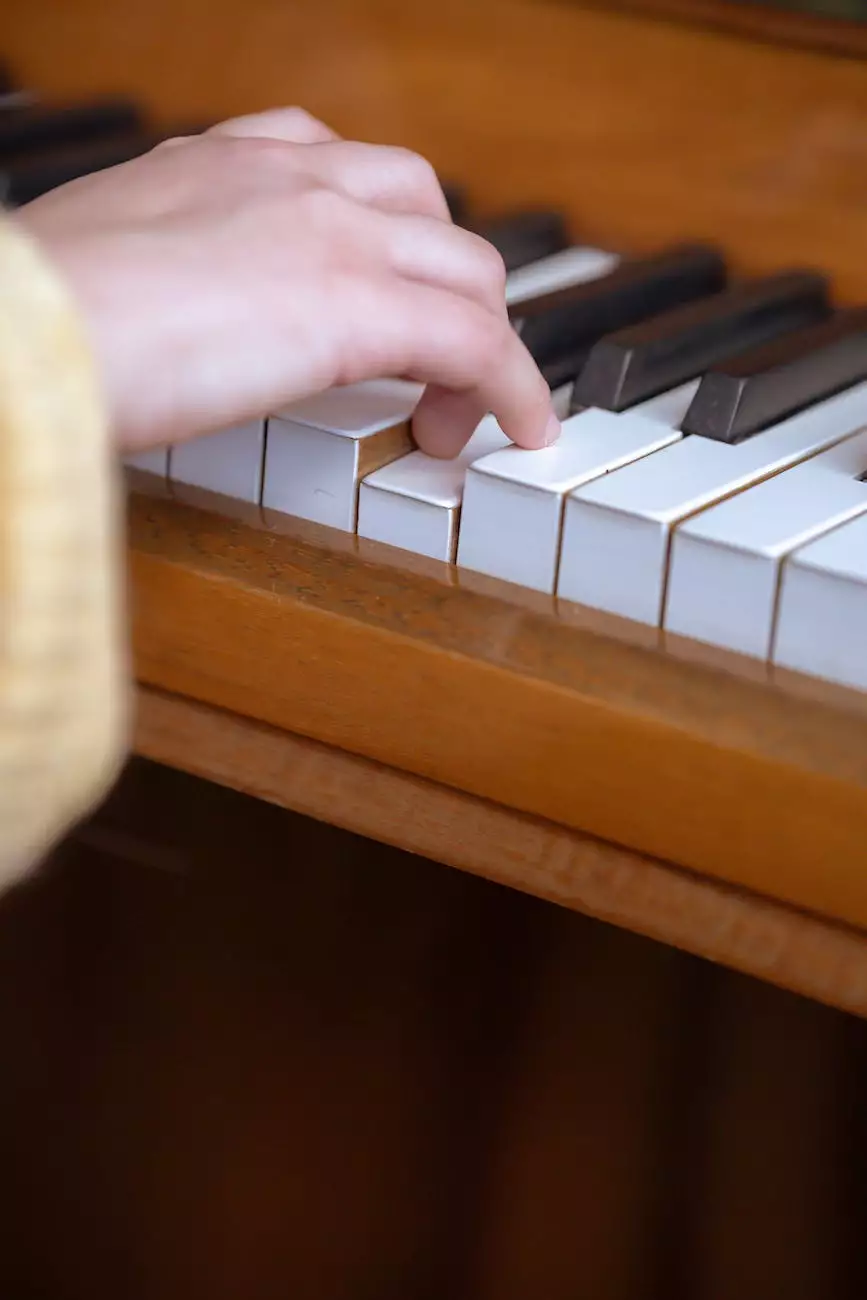English Grammar Lesson: Simple Past Tense in English
English Grammar Lessons
Introduction
Welcome to NJCLT's comprehensive English grammar lesson on the simple past tense. In this guide, we will explore the ins and outs of using the simple past tense in English. Whether you are a beginner or an advanced English learner, this lesson will help you gain a better understanding of verb conjugation, usage, and more.
What is the Simple Past Tense?
The simple past tense is a verb tense used to discuss completed actions or events that occurred in the past. It allows us to express actions that happened at a specific time or actions that were completed over a period in the past. To form the simple past tense, regular verbs typically require adding "-ed" to the base form of the verb, while irregular verbs adhere to their own conjugation patterns.
Conjugating Regular Verbs in the Simple Past Tense
When dealing with regular verbs, the conjugation in the simple past tense follows a straightforward pattern. Most verbs simply require adding "-ed" to the base form of the verb. For example:
- Walk – Walked
- Talk – Talked
- Work – Worked
As you can see, the "-ed" ending remains consistent for regular verbs throughout the conjugation in the simple past tense.
Conjugating Irregular Verbs in the Simple Past Tense
Irregular verbs, on the other hand, do not adhere to the same "-ed" rule as regular verbs. Instead, they have their own unique conjugation patterns. Some common irregular verbs include:
- Go – Went
- Eat – Ate
- See – Saw
Conjugating irregular verbs in the simple past tense requires memorization of their specific forms, as they do not follow a consistent pattern.
Usage of the Simple Past Tense
The simple past tense is used in various situations:
1. Talking about Past Events
When narrating an event that happened in the past, it is essential to use the simple past tense. For instance:
"Yesterday, I visited my grandparents."
2. Expressing Past Habits
If you want to describe a past habit or repeated action, the simple past tense is appropriate. For example:
"When I was young, I played soccer every weekend."
3. Indicating Duration in the Past
When discussing an action that occurred over a specific duration in the past, the simple past tense is used. Here's an example:
"She lived in Paris for two years."
Common Mistakes with the Simple Past Tense
Learning a new verb tense can be challenging, and mistakes are common. Here are a few common errors to avoid when using the simple past tense:
1. Incorrect Verb Conjugation
Make sure to correctly conjugate verbs in the simple past tense and pay attention to irregular verb forms. Double-check your conjugations to ensure accuracy.
2. Lack of Time Reference
When using the simple past tense, it is important to provide a time reference to indicate when the action occurred. This helps provide context for your sentence and improves clarity.
3. Using Present Tense Instead
A common mistake is using the present tense instead of the simple past tense. Remember to use the appropriate tense when discussing past events or actions.
Practice Exercises
Now that you have learned about the simple past tense, take some time to practice your skills with the following exercises:
- Conjugate the following regular verbs in the simple past tense:
- Dance
- Jump
- Play
- Write three sentences describing past events using the simple past tense.
- Fill in the blanks with the correct form of the verb in parentheses:
- He ________ (eat) lunch at the café yesterday.
- I ________ (see) an interesting movie last night.
- We ________ (go) to the beach on our vacation.
By practicing these exercises, you will reinforce your understanding of the simple past tense and improve your overall English language skills.
Conclusion
Congratulations on completing NJCLT's comprehensive English grammar lesson on the simple past tense! You have learned about verb conjugation, usage, common mistakes, and even practiced your skills. With this knowledge, you can confidently use the simple past tense in your everyday English conversations and written communication. Keep practicing, and soon you'll be a master of the English language.










